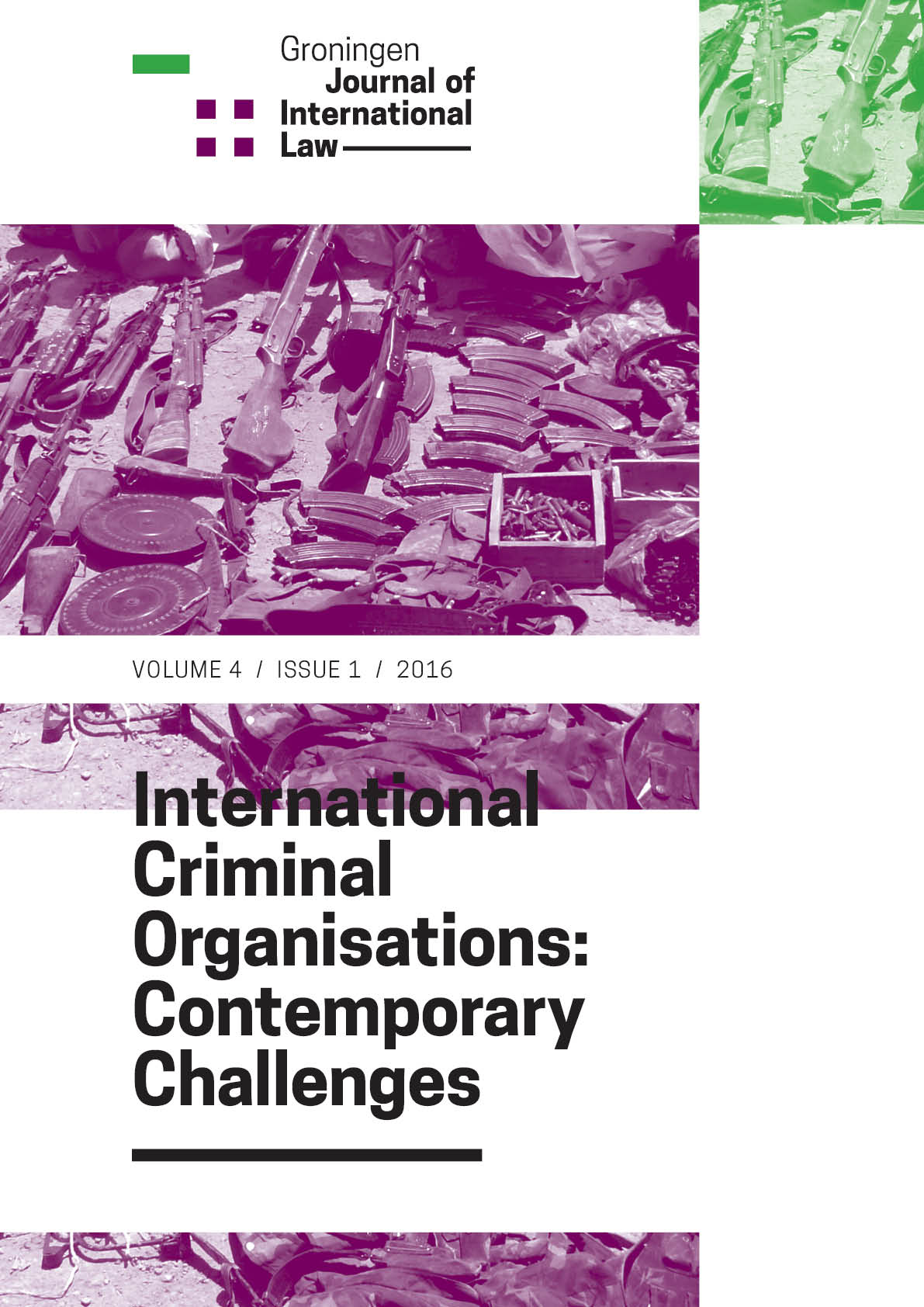Expanding Criminal Responsibility in Transnational and International Organised Crime
DOI:
https://doi.org/10.21827/59db69227860fAbstract
In international criminal law theory, a conceptual divide is made between international crimes stricto sensu (genocide, crimes against humanity, war crimes, aggression) and transnational organised crime. This differentiation sustains the direct, respectively indirect enforcement mechanism: the so called ‘core crimes’ belong to the subject matter jurisdiction of international criminal tribunals and the International Criminal Court, whereas national jurisdictions aim to counter transnational crimes, by concluding ‘suppression conventions’ and seeking international cooperation on the basis of the aut dedere, aut judicare principle. Nevertheless, the division is questioned for being too rigid and simplistic, as the boundaries between the categories are increasingly blurred. On the one hand, political rebel groups and organised crime often unite to challenge the power monopoly of the state, while corrupt governments and private business conspire to exploit the local population (by pillage, deportation from their lands or pollution of the environment). On the other hand, there is an ongoing debate, triggered by the ICC Kenya Decision of March 2010, whether the commission of crimes against humanity is the ‘privilege’ of states and state-like groups, or whether the category should be expanded to cover larger organisations that are capable of committing such atrocities. In other words, there is a proliferation of state and non-state actors that engage in both ‘classic’ international crimes (war crimes, crimes against humanity) and transnational crime. These developments have fuelled the plea for supranational law enforcement in respect of transnational (organised) crime, exceeding the realm of inter-state cooperation on a horizontal basis. This essay will pay a modest contribution to this discussion by arguing that the quest for more effective law enforcement is bedeviled by the perplexity of fitting new patterns of crime and new perpetrators of international crimes into the classic mould of international criminal law. These two aspects are obviously intimately related and should not be considered in isolation. Any initiative to invigorate international criminal law enforcement - by for instance establishing new (international or regional) courts or by expanding the subject matter jurisdiction of existing courts – should therefore pay attention to both the elements of crimes and the modes of criminal liability.Published
Issue
Section
Open Access Creative Commons


